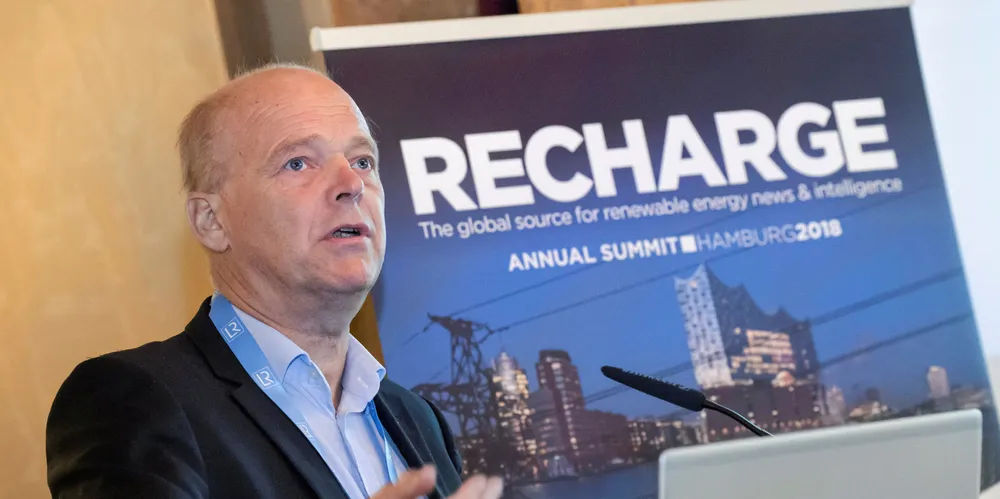QEPrize winner Henrik Stiesdal: 'Wind turbines could hit the ceiling like 747s and supertankers'
Pioneer who shared 2024 Queen Elizabeth Prize says the Danish spirit of innovation endures – but warns bigger might not always mean better

Queen Elizabeth Prize-winning wind power pioneer Henrik Stiesdal spoke of his pride on receiving the award often known as the ‘Nobel Prize of engineering’ – but fears that the turbine industry he helped to shape is now pushing growth too far.
“The technology works, that’s beyond doubt [but] sometimes we are maybe not playing all the cards as well as we could. When we focus too much on bigger machines we might be missing the benefits of industrialisation and mass production.
“I just think there’s a risk if we have an ‘arms race’ going bigger and bigger it will eat away at the benefits of a mass production.”
Stiesdal admits this is a controversial view. “Some agree with me, others say ‘you must be mad, there should be no constraints – let the best turbine win’”.
He points to precedents, however, in other industries that have suddenly “hit the ceiling” at which point growth no longer becomes a commercial advantage, notably the oil supertankers of the 1980s which peaked and then shrank and the 747 and A380 in commercial aviation – “a technological success but not a commercial success, all the new aircraft now are smaller”.
'Invisible power'
Asked to identify other big hurdles to the industry, Stiesdal quickly named project permitting. He notes that the pioneering Vindeby offshore wind farm that went online in the early '90s took about a year to permit from conception. Now, consenting offshore wind can take a decade in some cases.
“The system has become less, not more, operational.”
Stiesdal is convinced that offshore wind growth will be critical not just to achieve sheer volume of capacity, but to helping public acceptance of turbines that are far less likely to bring objections from the public if they are “invisible power” far out at sea.
Despite the challenges, Stiesdal’s optimism about the future of wind power is generally undimmed thanks to the endurance of the same spirit of innovation that he found in Denmark in the 1970s and 1980s – fellow enthusiasts who he says should share the honour of the QEPrize. So should the Danish nation, a small country that has changed the world with wind power.
“That was the biggest surprise to me in the early days – that there was a community, a subculture of people who were as interested as I was in wind power. I had not expected that.”